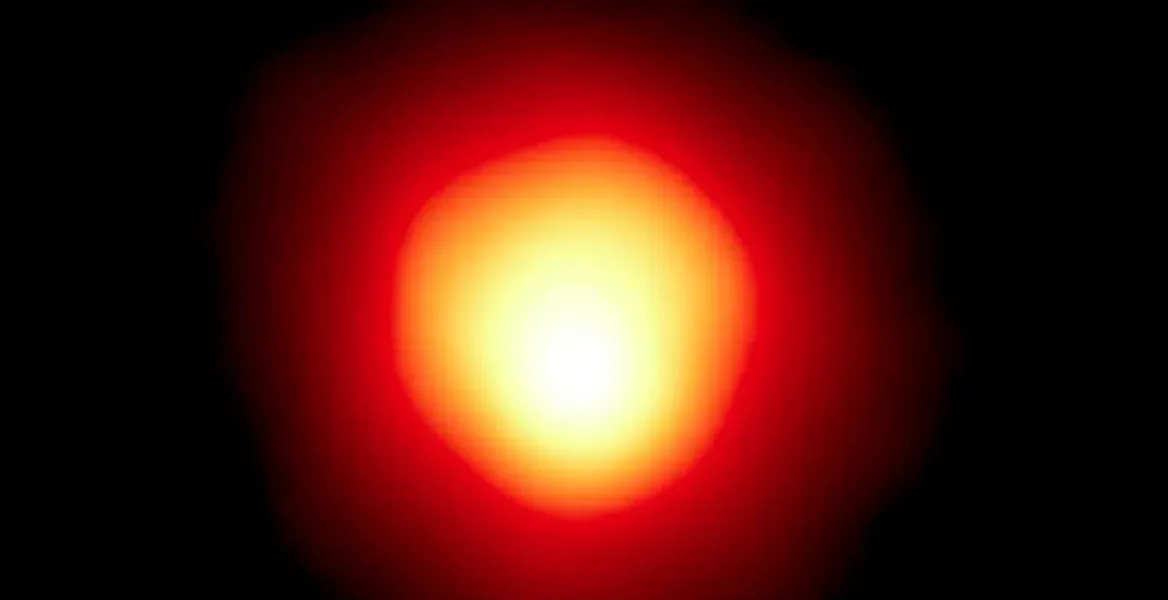One of the biggest and brightest stars in the night sky will disappear momentarily as an asteroid passes in front of it, causing a unique eclipse.
The rare and fleeting sight of Betelgeuse is expected late Monday night into Tuesday and will be visible to millions of people along a narrow strip of sky from Tajikistan and Armenia in central Asia through Turkey, Greece, Italy and Spain to Miami and Florida Keys and finally to parts of Mexico.
The star Betelgeuse is a red supergiant that can be seen with the naked eye due to its size. It is located approximately 640 light-years from Earth in the constellation of Orion. As for the asteroid, it's Leona, a slowly rotating, elongated space rock in the main asteroid belt between Mars and Jupiter.
According to the Associated Press, astronomers hope to learn more about Betelgeuse and Leona through this eclipse, which is not expected to last more than 15 seconds.
It is unclear whether the asteroid will eclipse the entire star, creating a total eclipse. Instead, the result could be a "ring of fire" eclipse. Because of its distance and size, Betelgeuse is visible to the naked eye, although binoculars and telescopes will improve the view of the star.
READ MORE: Kalavryta: Among the 1st choices of Greeks for Christmas and New Year’s holidays.


